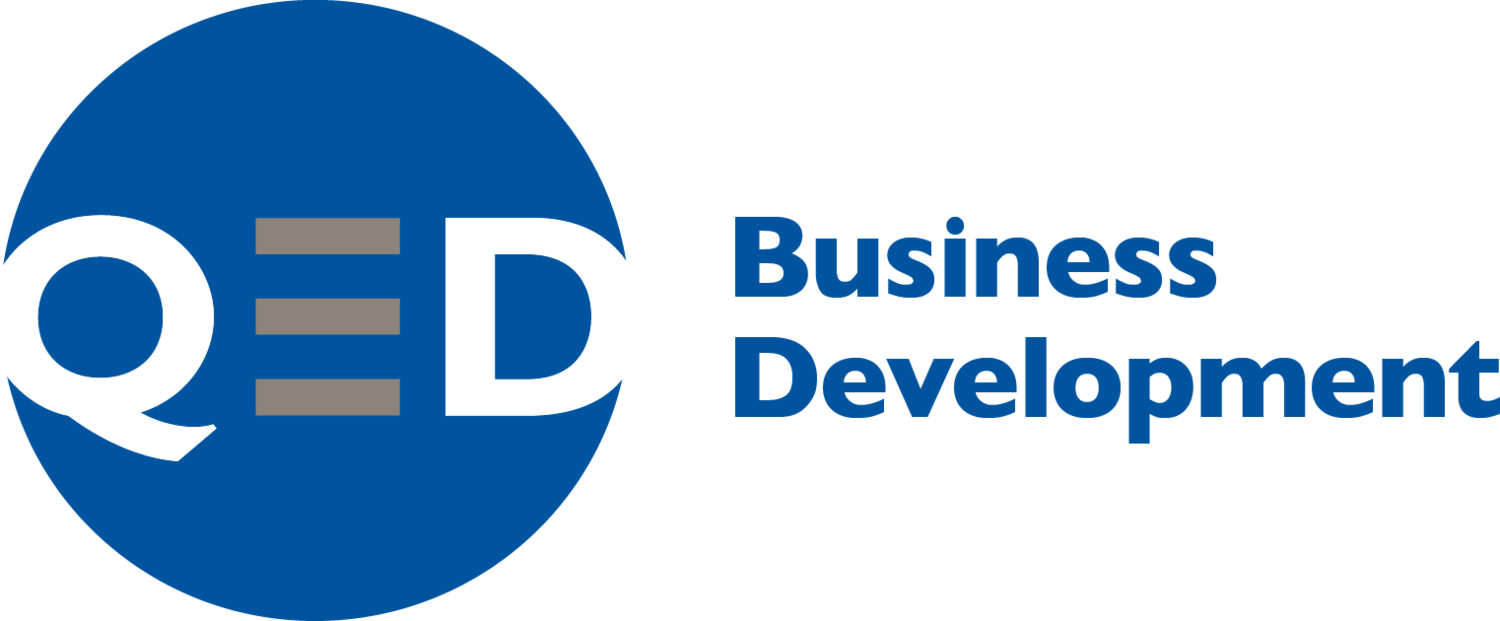I recently had a coaching client who remarked on his supervisor's success in drawing on his old school alumni network to bring in work. This got me thinking...how much can you rely on the networks from your old school being useful in a business context?
My experience says its value is next to nothing.
I have coached and trained over 3000 professionals and can honestly say less than 5 people have spoken about their old school tie network delivering a significant proportion of their work to their desk. Maybe there's a higher ratio than that in the general professional population and I haven't met them yet but I suspect not.
So why does this myth endure?
Every now and then, someone I speak to has indeed won something from an old school (or university) connection. But they are generally small, infrequent and unrepeated. It's a little like speaking to people who are regular gamblers. You only ever hear of the big wins they make, not all the little (and not so little) losses along the way. So there is a tendency for people to over-emphasize the one big leap rather than share the many small backward steps taken. I know it's a natural human instinct, but let's not get caught up in the hype. Let's look at the facts.
It is extremely rare to find an old school friend as a willing and authorised buyer at exactly the same point in your career that you are a willing and competent seller.
The fact is very few people move through life at consistent rates compared with their peers. Some rise to positions of power early, some rise to those positions late in their career and some don't seem to do either. Some take different paths during a working life that significantly alters their alignment with your chosen path.
And even though you went to school with someone in your past, doesn't mean they will want to, or be able to, give you work now. Perhaps you didn't get along so well as school/university friends, perhaps the organisation the person works for has a strict probity policy that prevents them from sending you work, perhaps there are multiple stakeholders in the buyer's organisation who have a say in the decision. There are so many versions of these hurdles I have heard in my coaching sessions that they cannot all be listed here.
So what should you do?
Build a broad-based network drawn from a variety of sources - school, university, prior work, past clients, former adversaries, people 'above' and 'below' you in the professional services food chain, cross disciplines (accountants, lawyers, advisers, bankers), internal referrers and friends.
Add value to that network by being a 'thinking' professional, meaning you share something interesting each time you meet.
And most important of all, be curious about that network's problems and needs. Be 'other-oriented' and you will draw people to you naturally.
By all means, go to a school reunion and have a ball, just don't rely on the old school tie to build your professional practice.
Paul McAllister helps lawyers, accountants and engineers reach their revenue goals through practical business development coaching.

